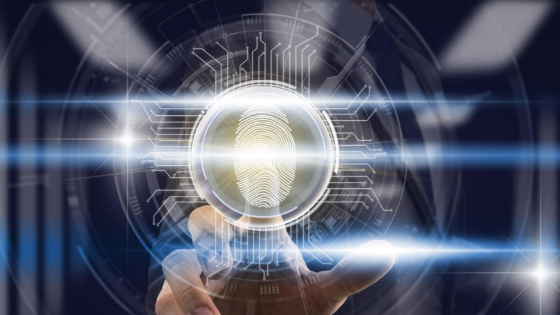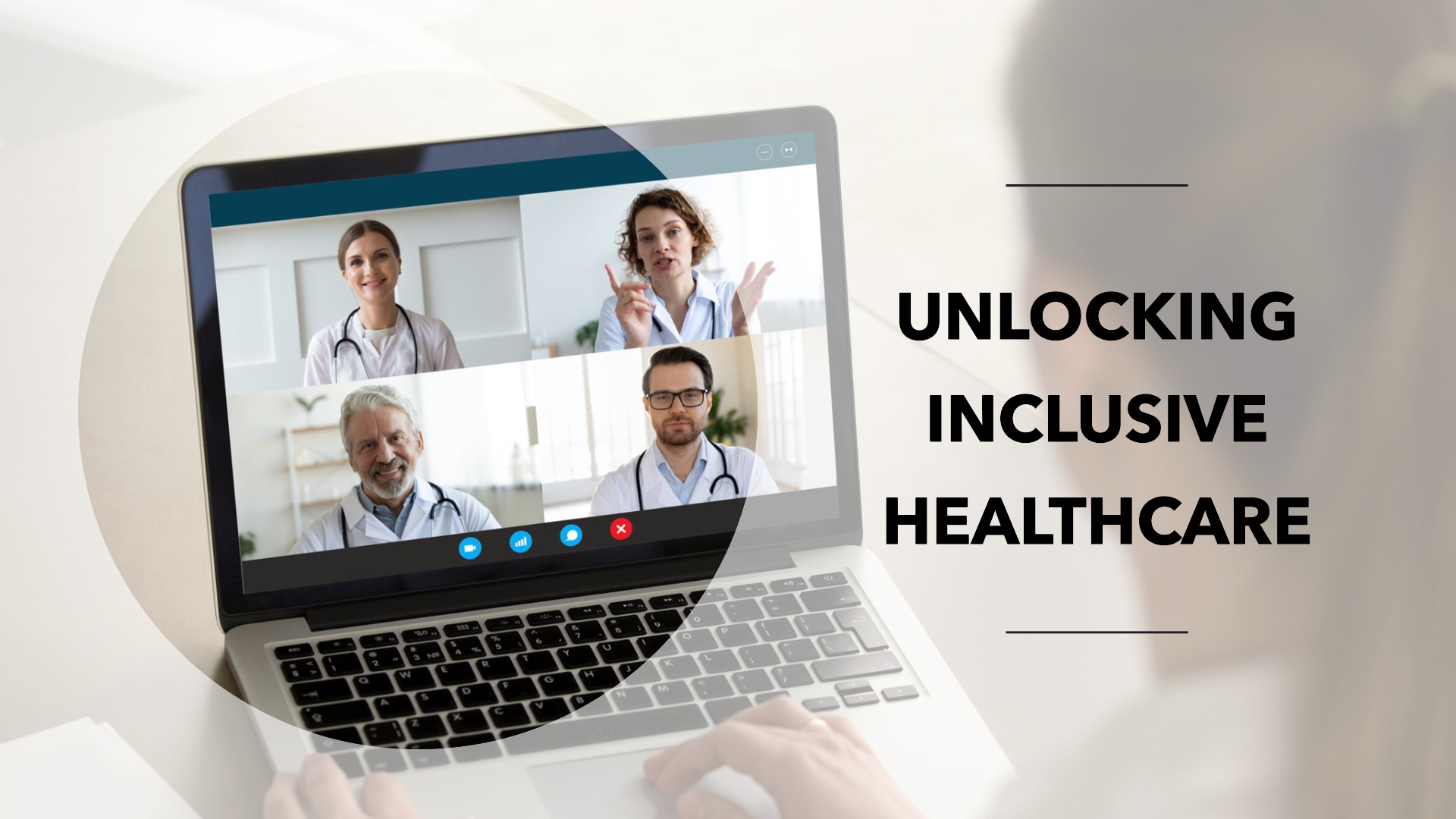There is a new wave of wearable biometric technology out. Wearables are offering a next step in healthcare. You can now prove the results of your health records with a wearable device. A wearable is an implantable device that is worn by patients and used to record data about their health and fitness.
We should think about wearables as new kinds of biometrics spewing off data. Whilst digital heath is a more generic term for these devices, we think it would be useful to distinguish between biometrics (measurements) and biometric (mechanisms that measure the differences between body parts) in this context, which are both important for clinical use.
Wearables and Biometrics
Some people are asking: what if the data you need to be able to prove health outcomes aren’t available when you need them? To answer this question we should think about wearables as new kinds of biometrics spewing off data.
Not only can they deliver a lot more information than what we have been able to measure before (like heart rate or blood pressure), they also allow us to do things that were previously only possible with special equipment:
- Blood analysis: giving doctors a way to tell whether someone has certain diseases and whether they are in danger of getting those diseases
- Heart monitoring: allowing doctors to see the rhythm of someone’s heart beat without having them on a monitor or using wires
- Reproduction: giving patients and caregivers a way to prove their age or gender without having them wearing bulky lab-made devices.
The most interesting question for me is one about privacy: what would happen if a doctor is able to measure their patients’ physiological changes with just my own skin? If them could use this new kind of biometrics from their own skin, would it change how they think about treating people with chronic illnesses like rheumatoid arthritis? Would tech companies start making everything from your body just because you are already wearing it all day every day?
I’m not here today trying to argue for or against wearables and their potential impact on medicine; I am here hoping that more physicians get into this conversation. We don’t know enough yet. With so much happening right now we need people like you who are looking at innovative technologies and asking questions, who are prepared to take action when they see something they think could be useful or innovative, but also have time on their side and maybe even some resources (in case they run out of cash). I hope that you will consider becoming involved in this discussion by sharing your thoughts.
Challenges with Wearables and Biometrics
A lot of the data generated by wearables is still being captured and processed by the devices themselves. This makes for a complicated problem: what happens when you make a new version of your device? The first solution is to store all the data about your health within the device itself, and then you can use that data to generate new devices when you make them.
Eventually, we may be able to do something more elegant: simply store the data in a cloud-based system (e.g. Amazon’s cloud) and analyze it once you get there. But getting there will be hard as well, until then, we’ll have to use local storage on each device.
One of the problems that comes with this approach is that our wearables become obsolete at some point, so we need to think about how to keep using them well after they’re no longer useful (i.e., into their 10th or 20th year).
Benefits of Wearables and Biometrics
Biometrics isn’t just about healthcare. It can also be used by businesses, such as in the automobile industry, to prove the results of a vehicle’s performance, imaging systems to check your eyesight. In fact, we could see the future of wearables and biometrics being used in a variety of contexts.
As we have seen with other emerging technologies such as virtual reality and augmented reality, our ability to improve our lives will lead to dramatic changes in the way we live our lives. What is it that you value most? What makes you feel more productive? How do you balance your life between work and family? How much time do you spend on social media at night? What are the best things about your job? It seems that every day there is an exciting new development; but many of these developments are not well understood by the public at large. Our ability to understand these issues will be one of the key drivers for this change.
So what does this mean for business and medicine? Let’s look at wearables and biometrics from different angles first:
- First, wearing wearable devices (which we assume are worn on your body) is a very personal experience which changes our bodies’ responses to external stimuli. This data could tell us things such as how much sleep we get each night or how many calories we burn throughout the day, which could lead to useful insights into how people use their time (and thus influence their productivity). But that alone doesn’t make it a solution for healthcare purposes; it’s not enough for someone’s health data to tell them what their medical conditions are or even which drugs they take regularly. It still needs some channeling into larger data sets (such as health insurance claims where only numbers are available).
- Second, biometric data is becoming more accurate over time, especially if one uses state-of-the-art hardware, software and algorithms. A study reported by Micronutrient Blog found that using state-of-the-art hardware and software led to higher accuracy.
I’ve been thinking about biometrics a lot lately. It’s made such an impact on the way we live that it’s hard to imagine life without it.
The following quote is from a recent Scientific American article: Biometric technologies are already being used to measure the quality of public water systems, track the health of consumer markets and gauge environmental cleanliness. Their growing uses have become so pervasive that we now expect them to play important roles in virtually all aspects of our lives.
Like medical devices before them, these biometrics could be used by governments for national security or by private companies for convenience and productivity purposes.
I think that data collection will continue to grow as technology advances, but it will also be subject to some pretty intense scrutiny if something goes wrong because that data could prove very useful in helping us understand what caused an illness or whether someone needs help.
We are sure that wearables and biometric technology going to be relevant at the healthcare sector in the few years. Contact us for more relevant details. To find out more about how we can help you with your Digital Healthcare Transformation, Healthcare organizational growth, or Healthcare brand positioning, please get in touch via phone +44 (0) 203 3620421 or via e-mail: info@digitalsalutem.com





